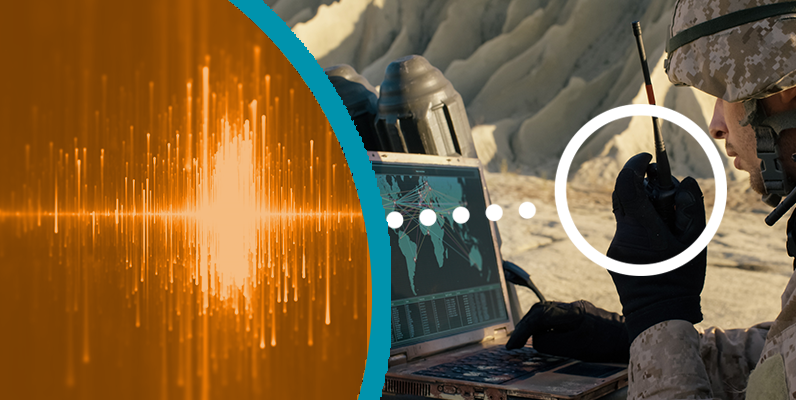Signal Sensing, Design and Delivery for Electronic Warfare

1 September 2019
Developing signal and system design for information extraction and delivery in contested electromagnetic environments
Funder EPSRC
Amount £ 492 220
Project website gow.epsrc.ukri.org
Description
The reliance of military systems and armed forces on the EM spectrum creates vulnerabilities and opportunities for electronic warfare (EW) in support of military operations.
EW is concerned with detecting, recognising then exploiting and countering the enemy's electronic order of battle, and calls for the development of innovative algorithmic solutions for information extraction and delivery of signals in contested electromagnetic environment. Traditionally, the subject of signal sensing/information extraction has been developed separately from the area of signal delivery.
In contrast, this visionary project conducted at Imperial College London and University College London aims at leveraging the consortium complementary expertise in various areas of signal processing (sparsity, super-resolution and subspace methods, communications, radar, and machine learning) for civilian and defence applications to design and develop novel and innovative solutions for a cohesive treatment of information extraction and delivery of signals in contested electromagnetic environment.
To put together this novel approach in a credible fashion, this project is organized in two major work packages.
The first work package will analyze, separate and characterize signals across time, frequency, and space and extract useful information from those signals by developing and leveraging novel super-resolution, subspace and deep learning methods.
The second work package will leverage progress made in the first work package and design signals and system responses for sensing and signalling in congested RF environments. Novel waveform design approaches will be derived for sensing using an extended ambiguity function-based framework, for precise spatiotemporal energy delivery using network-wide time-reversal and for joint sensing and signalling. Attention will also be drawn to the design of signals resilient to hardware and nonlinear channel responses.
The project will be performed in partnership with academia/research institutes (University of Kansas, Fraunhofer) and industrial leaders in civilian and military equipment design and manufacturing (IBM, US Army Research Lab, Thales). The project demands a strong track record in a wide range of signal processing techniques and it is to be conducted by a unique research consortium with a right mix of theoretical and practical skills.
With the above and given the novelty and originality of the topic, the research outcomes will be of considerable value to transform the future of electronic warfare and give the industry and defence a fresh and timely insight into the development of signal processing for contested electromagnetic environment, advancing UK's research profile in the world. Its success would radically change the design of electronic support measures, electronic coutermeasures and electronic counter-coutermeasures and have a tremendous impact on the defence sector and industry.
Outputs
- Publications
Publications will be updated during the project - the most recent publications will be available within the Principal Investigators listed publications.
 Close
Close

